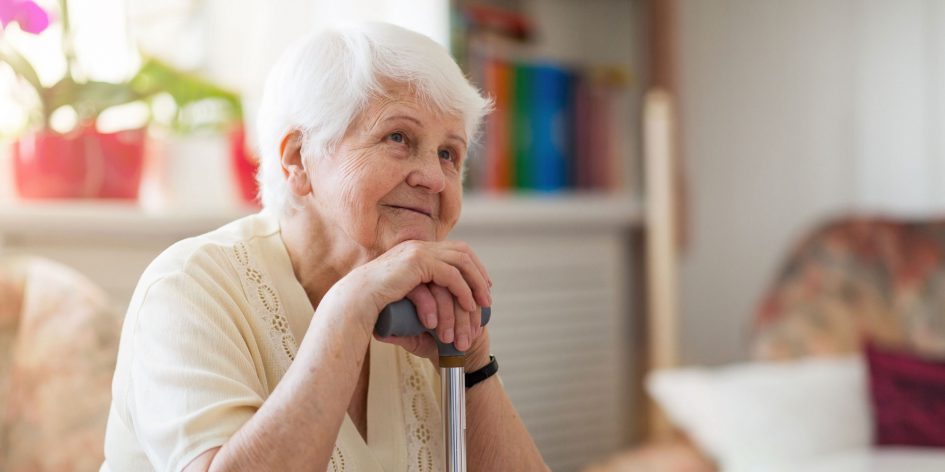We know that people aged 70 years and over are at greater risk of more serious illness from COVID-19 and that this risk increases with age. It’s natural that this can cause concern, particularly when it comes to caring for our elderly family members in the current environment.
Aside from the increased risk of serious illness from COVID-19, people living with dementia or some form of cognitive impairment can also find it difficult to follow instructions to reduce the risk of getting COVID-19, or alert others about potential symptoms. They may also find it confusing to keep up with rules and restrictions associated with their ordinary daily lives.
What Can Carers Do To Help?
The most fundamental thing that carers and families can do is to keep themselves well!
Adhering to simple good hygiene practices is an important first line of defence against infection:
- Wash your hands frequently with soap and water for at least 20 seconds before and after providing care, preparing food, using the bathroom, or touching surfaces in public places
- Avoid crowds where possible, and if you cough or sneeze, do so into the bend of your elbow or into a disposable tissue
- Wear a mask where you’re not able to physically distance
- Keep your hands away from your face
- Clean frequently touched surfaces in your home often, including mobility and medical equipment used by your loved one, such as walkers, canes and handrails.
Distance Physically Where Necessary but Stay Connected
Loneliness and isolation can impact all of us, particularly the elderly who may not have access to the digital communication channels of younger generations. Furthermore, many elderly people rely on their routine catch ups and social events to stay well mentally as well as physically.
Keep your family members involved in what’s happening in your lives and share regularly via scheduled phone calls or video chat. Teach them how to use technology to communicate, including making use of apps on devices to assist with hearing challenges.
If you have young children, encourage them to share what’s happening in their lives and to send notes and cards to lift your loved one’s spirits. Students could engage an elderly relative in a school project, by interviewing them on their perspective or experience.
Offer Reassurance, Often
In times of uncertainty, it’s really important to offer reassurance where possible.
Make sure that your family member has a clear plan of attack when it comes to emergencies and who to contact, including an easy-to-follow list of contact details. Offer consistent reassurance that there is a support network in place for your loved one, a team made up of people who are looking out for their welfare, from family members, friends and neighbours to their GP and any specialist medical professionals involved in their health care.
The Healthi app is an all in one solution to help aged care residents and their families manage their health care. Healthi is designed to provide a convenient, fast and secure method to view your family’s health records and includes pathology reports, hospital discharges, medications, prescriptions, allergies and advance care documents. The app is easily downloaded on your Android or Apple device, and views data directly from your MyGov account; with a required user access PIN to enter, which ensures that your information is always in the right hands.

Leave a Reply